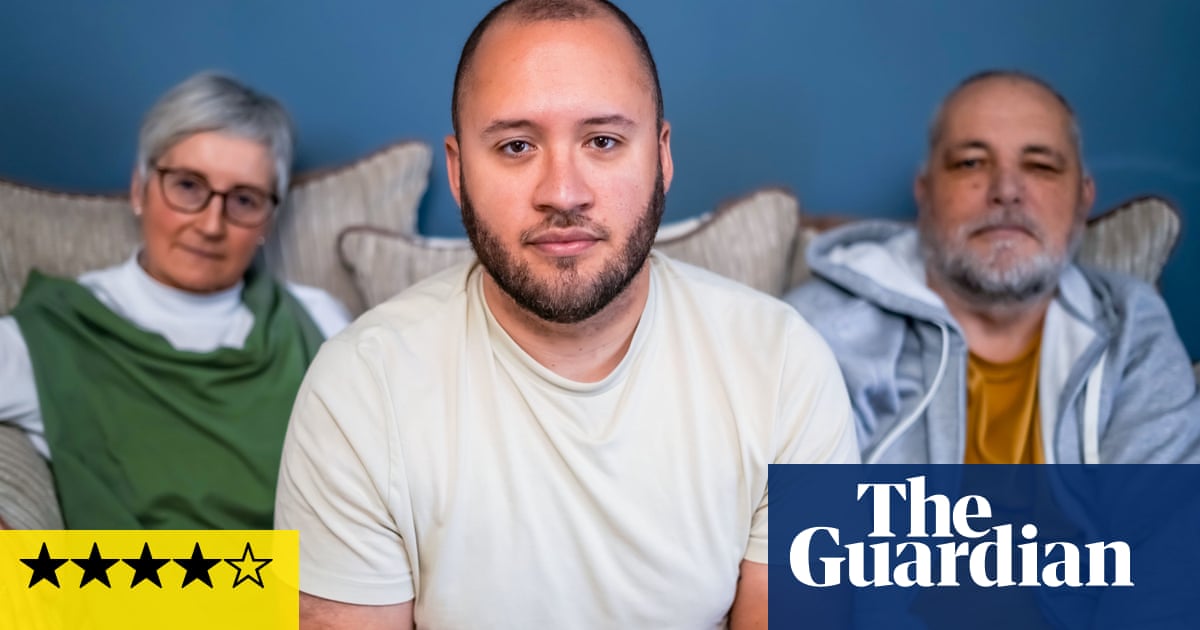
his year, in many ways, has seemed the ideal time to get heavily, extravagantly into fillers. Human contact is still largely outlawed, so if it all blows up in your face (as it can do, quite literally), it is socially acceptable to hide behind a mask. Besides, some studies have drawn a correlation between the hours spent looking-but-not-actually-looking at yourself in Zoom’s tiny thumbnail (were my eyes always this far apart? Or this close together?) and the uptick in cosmetic procedures post-lockdown.
But, if you do decide to get a little Botox – and perhaps some tear-trough fillers, too, while you’re at it – you may have to contend with Dr Michael Mosley’s not-angry-but-disappointed face, as he visits a tweakment clinic near you in two-parter The Truth About Cosmetic Treatments (BBC One). Mosley, who is on most other TV shows where a bit of judgment is de rigueur (see also: Channel 4’s Lose a Stone in 21 Days) is here to see whether the rise in nonsurgical treatments could be doing more harm than good. But first, time to ask some people on the street whose fault this all is. The Kardashians and Kylie Jenner? I for one am shocked that some of the most famous people on the planet could be influencing our behaviour.
The rest of the programme isn’t so much The Truth About Cosmetic Treatments as A Largely Negative But Ultimately Commonsense Guide to Them. Do use Google. Don’t get Botox in the back of a car. Do not pass go, do not collect £200. Co-presenter Mehreen Baig, a blogger and journalist, is mostly good cop, telling us that people should get tweakments if they want them and if they will make them feel better about themselves. She visits a doctor offering nonsurgical rhinoplasty, increasing the volume of noses with fillers while making them appear smaller. She listens kindly while a group of middle-aged women undergo newfangled microneedling and drink some kind of collagen Capri Sun to see if they can roll back the years. She even watches as fat is extracted from the body of a heavily sedated woman called Kim, to be harvested for stem cells, which are then injected back into her face. Sure, Baig is visibly revolted as she watches, but it could be worse: remember that period in the early 00s when it seemed as if every celebrity was drinking their own wee?
Meanwhile, Mosley is, if not bad cop, then largely disapproving cop. He considers the pitiful case of Emma, a woman whose bungled lip filler left a huge pouch of skin around her mouth, which she describes, unappetisingly, as “the sausage”. People can do tweakments anywhere, with no qualifications, he reminds us, so it’s important to check out peoples’ credentials. The issue here, though Mosley doesn’t get into it, isn’t so much that people don’t go running to the General Medical Council before booking lip fillers, it’s that they trust a friend or acquaintance, and are tempted by cheap deals.
If Mosley is the not-angry-but-disappointed parent, the kind who said: “Now, why have you gone and done that?” when you got your earlobes pierced, he at least decides to make his own apathy towards tweakments clear, undergoing a heat gun treatment to stimulate his skin, and then complaining that it has merely left him looking like he has “bad sunburn”.
You have seen at least 80% of this programme in some shape or form at least 1,000 times before – about self-esteem, safety, social media and not getting fillers from someone in their garden shed. Perhaps the most interesting, if undeveloped, section was on preventive measures and whether people in their 20s need to be getting Botox at all. (The answer was “probably not” – but where was the scientific modelling, the kind dedicated to finding out Mosley’s exact skin age, to find out whether that should be “definitely not”?)
The second episode focuses on bum lifts and steroid-taking lads, and is sure – yet again – to hammer home the already well-known risks of doing anything other than sitting in a darkened room until the end of time. More helpful, perhaps, would be a programme that descended, if only slightly, from the moral high ground and stopped wrinkling its nose – something that is sure to speed up the ageing process.












